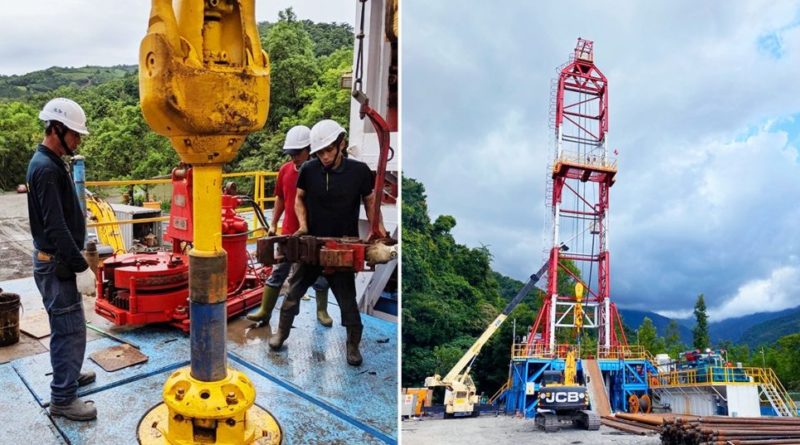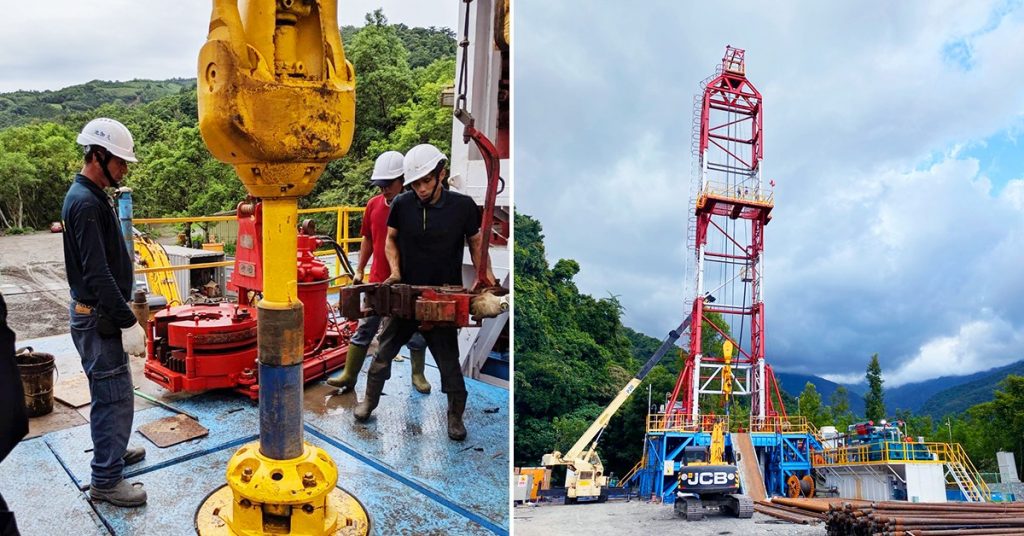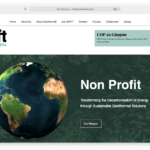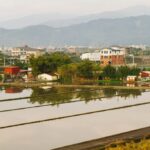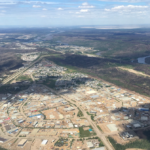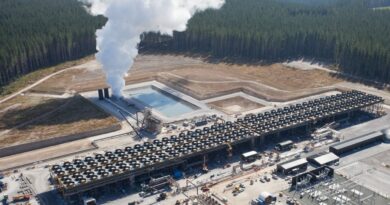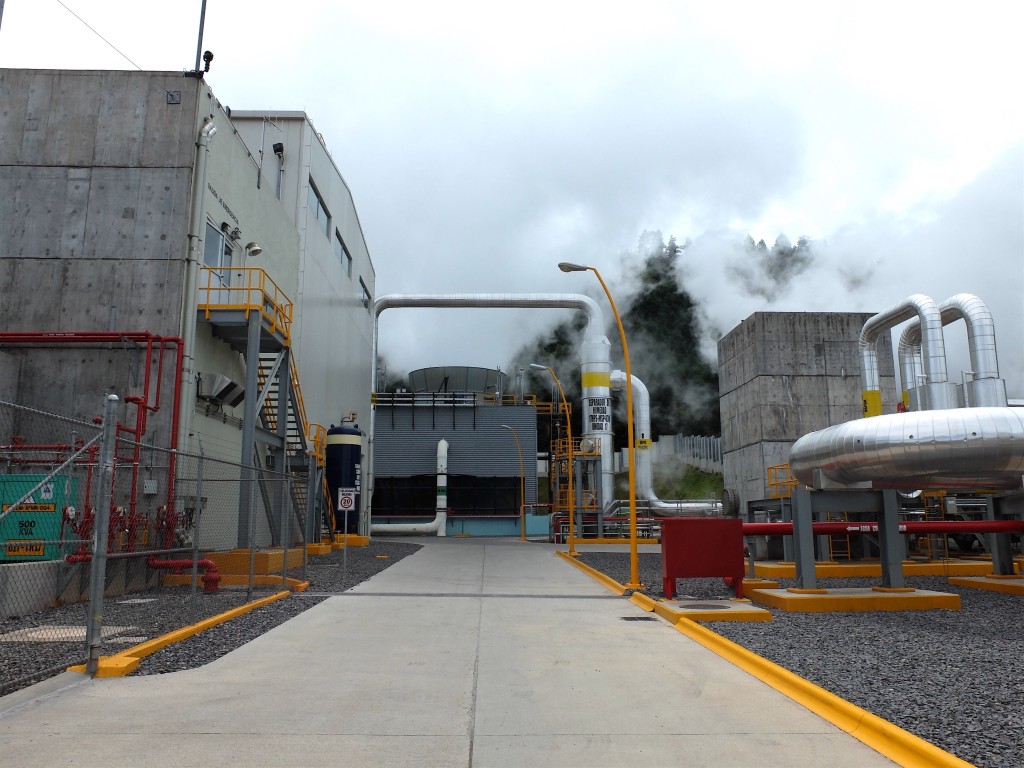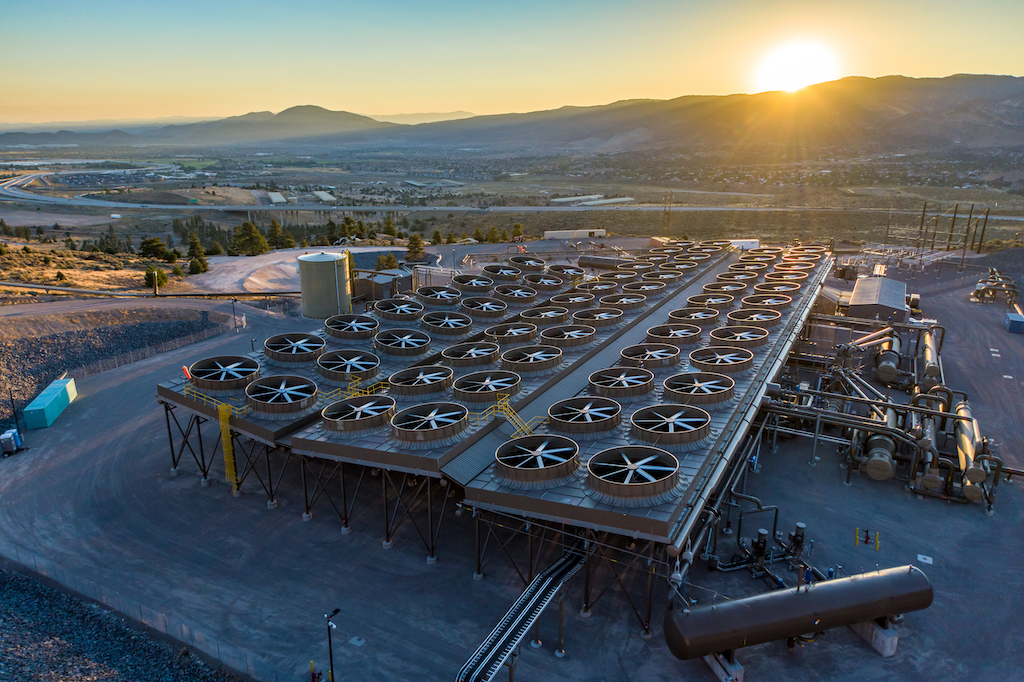Swedish company tapping Taiwan’s geothermal potential
Energy Disrupter
Regulatory challenges have to be overcome to encourage more geothermal development in Taiwan, according to Baseload Power
Despite challenges slowing down the development of the geothermal industry in Taiwan, Swedish firm Baseload Capital remain optimistic about the country’s potential. However, regulatory hurdles still need to be overcome for geothermal to be a viable energy source.
In 2019, Baseload Capital established the independent power producer Baseload Power in Taiwan. In 2020, the company drilled their first geothermal well in the Hong Yeh village in Hualien County as we reported. The drilling took almost a year and cost the company NT$100 million (USD 3.6 million). In comparison, the company estimates that a similar well would have been drilled in as little as six weeks in Iceland.
According to Baseload Power Taiwan CEO and chairman Van Hoang, the unexpected issues that they encountered were more regulatory than geological. Regulatory restrictions contributed to the extended drilling program for the well. For instance, drilling in Taiwan can only be done during the daytime. Local authorities also often applied laws created for the hot spring industries for geothermal projects.
More support from the government can also come in the form of more favorable feed-in-tariff (FIT) for geothermal. Currently, geothermal is receiving NT$5.8 (USD 0.21) per kilowatt-hour. This is the highest of all renewables in Taiwan but is still 80% lower than what Japan offers.
Hoang is hopeful that their next well will be drilled within three to four months. Once more wells have been drilled, Baseload Power will start assessing the viability of putting up a geothermal power station.
He also noted that the indigenous Truku and Bunun peoples are curious about the job opportunities that geothermal could provide, as well as the recreational businesses that the industry can create. The Blue Lagoon in Iceland was mentioned during the interview, particularly because the Taiwanese are fond of mineral spas.
State-run Taiwan Power Co. (Taipower) has a less optimistic perspective on geothermal. According to Vice President Hsu Tsao-Hua, the company does not expect geothermal to significantly contribute to their goal of attaining 20% renewables by 2025.
“While we are not giving up on geothermal, we are concentrating most of our efforts on solar and wind, the development of which entails a lot less uncertainty.” said Hsu. He cited problems with previous geothermal demo plants associated with scale buildup in pipes resulting in power loss over time.
Source: Taiwan Business Topics

